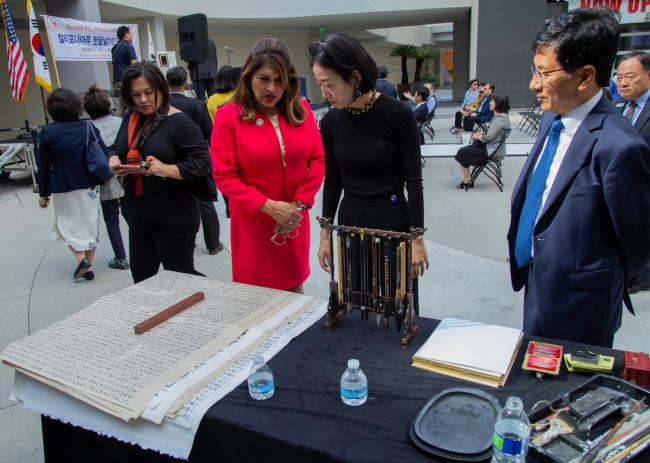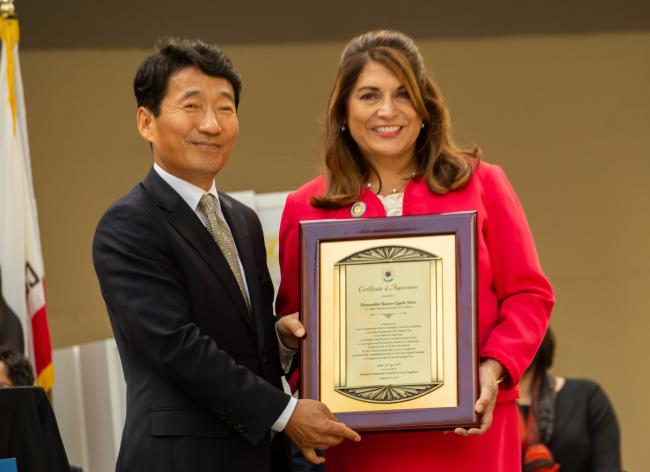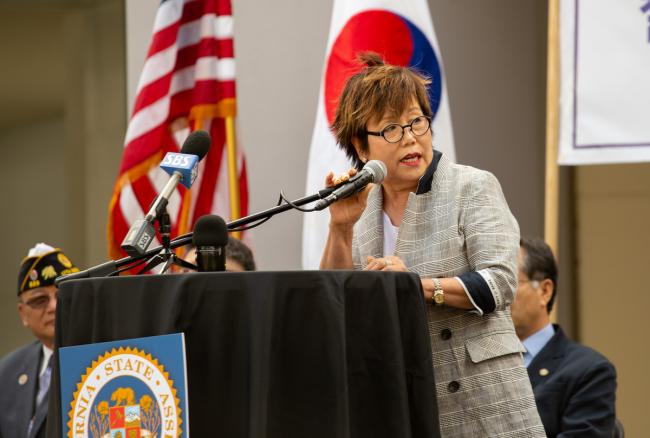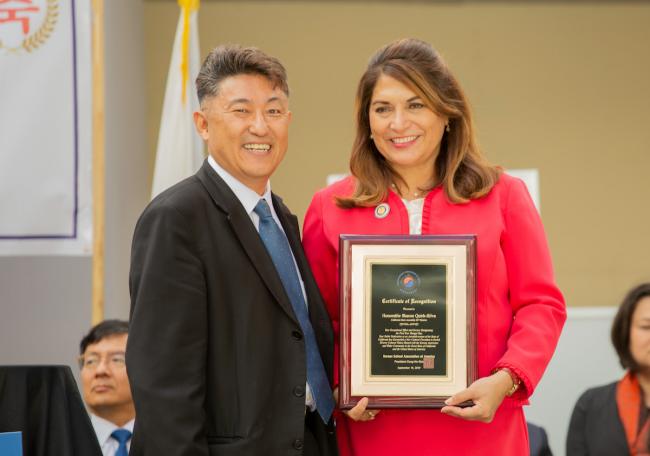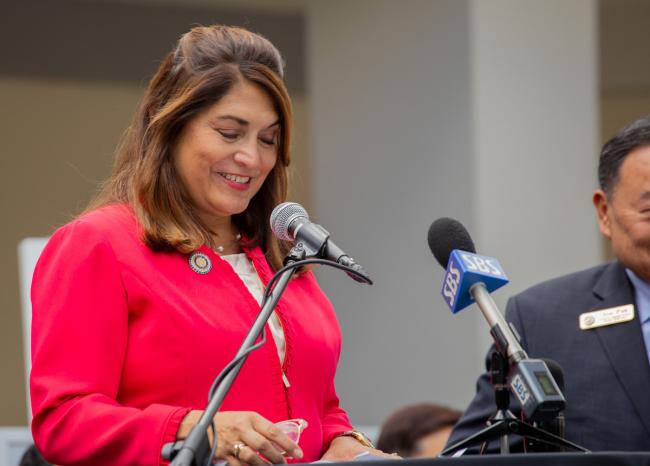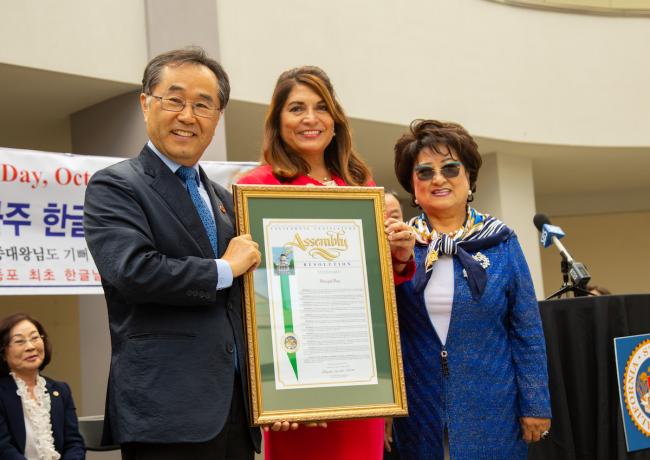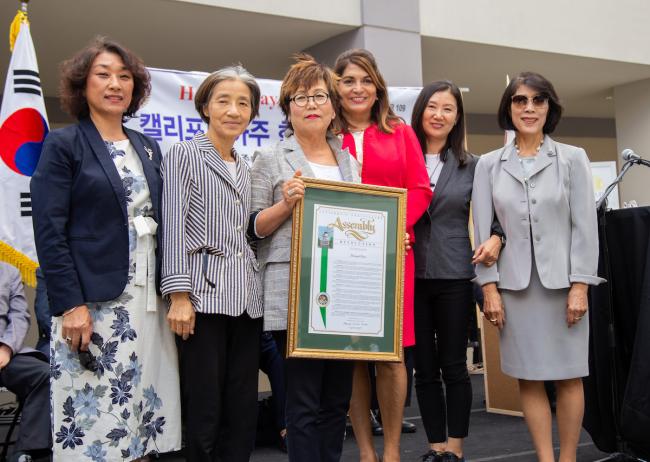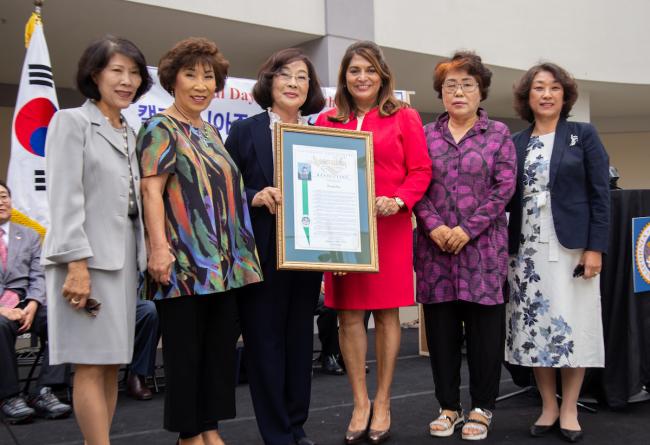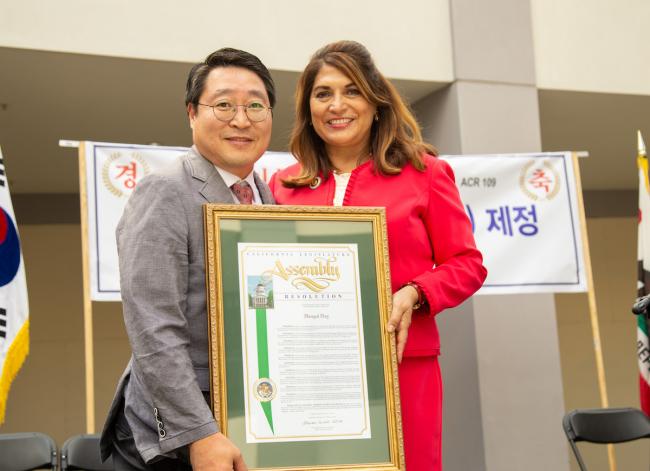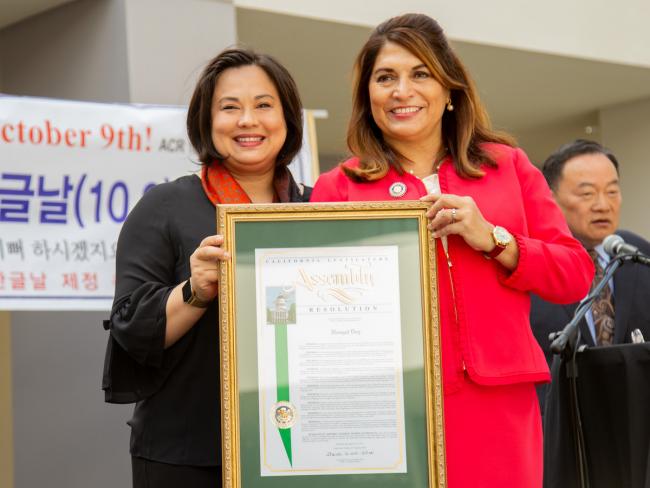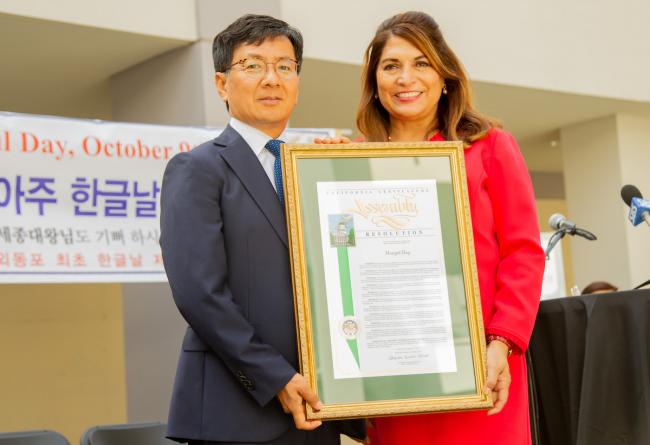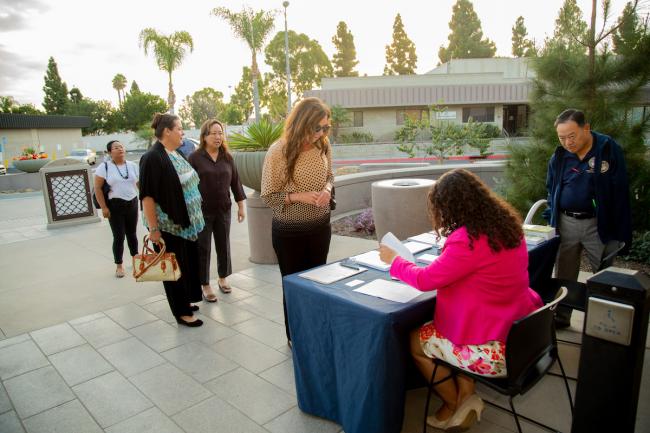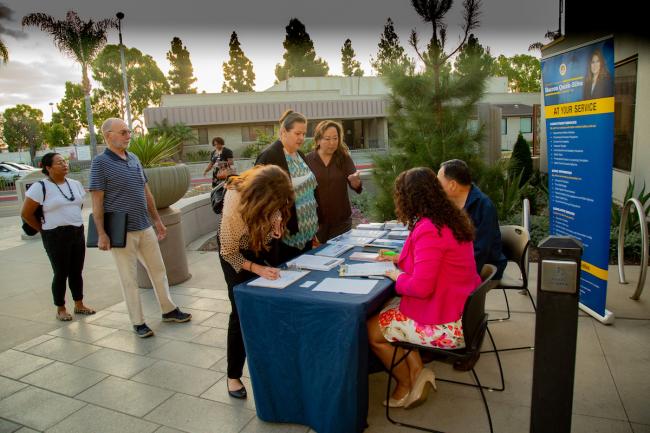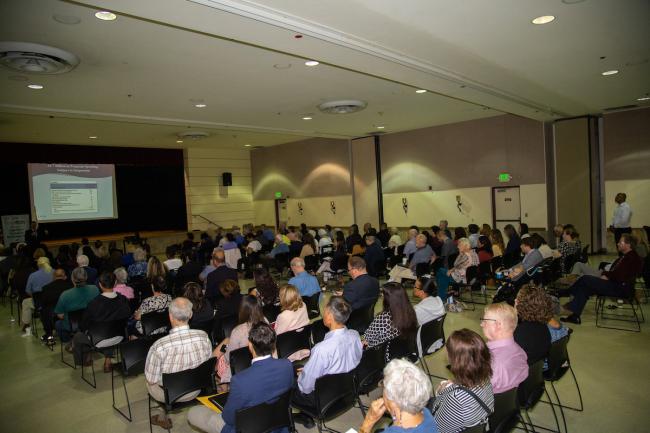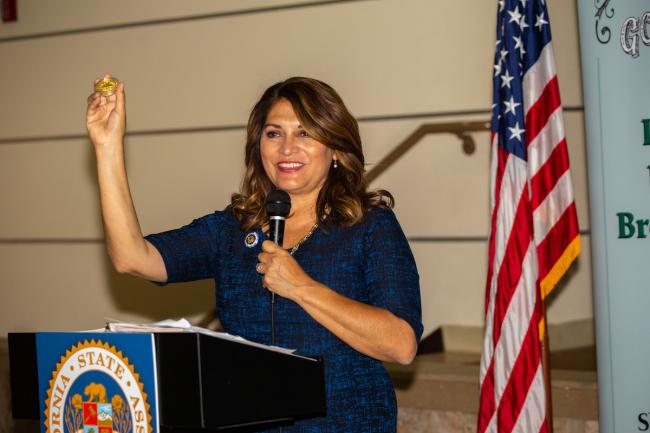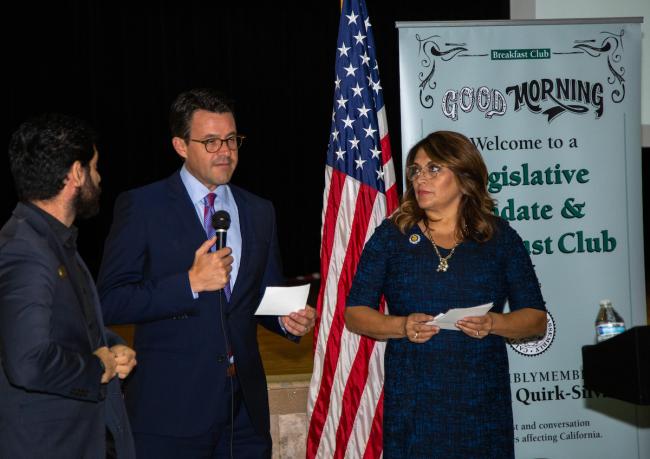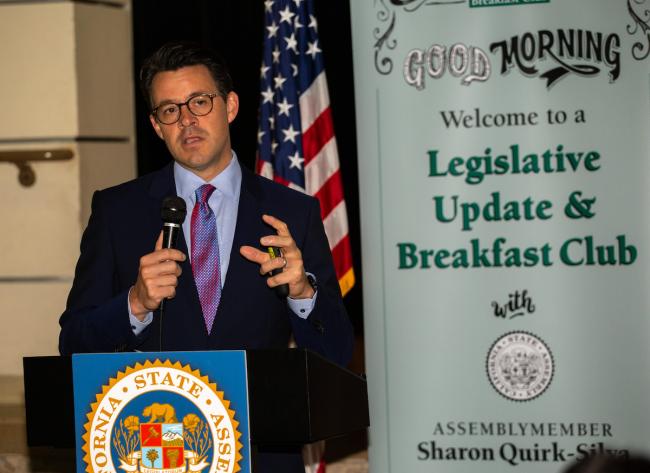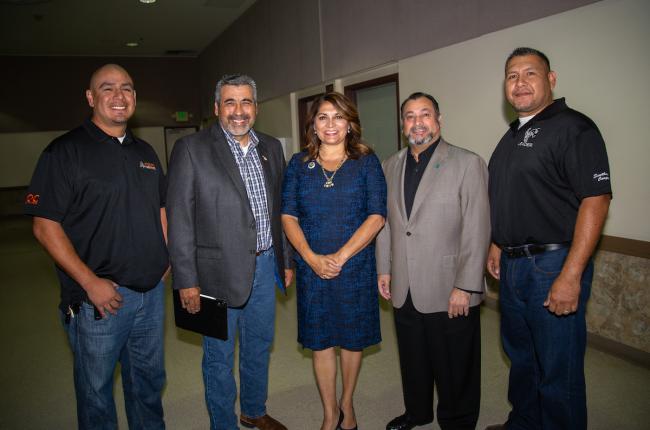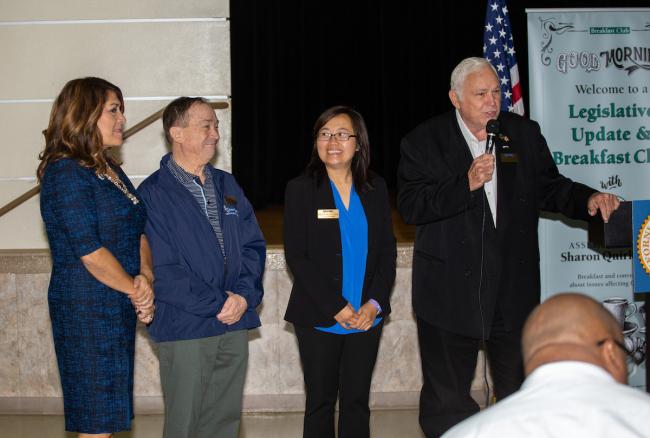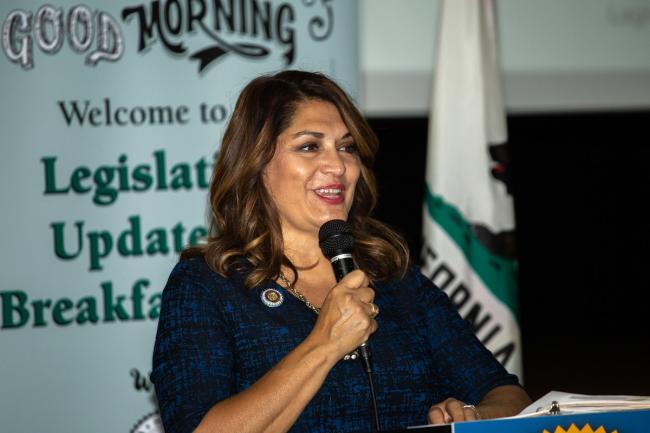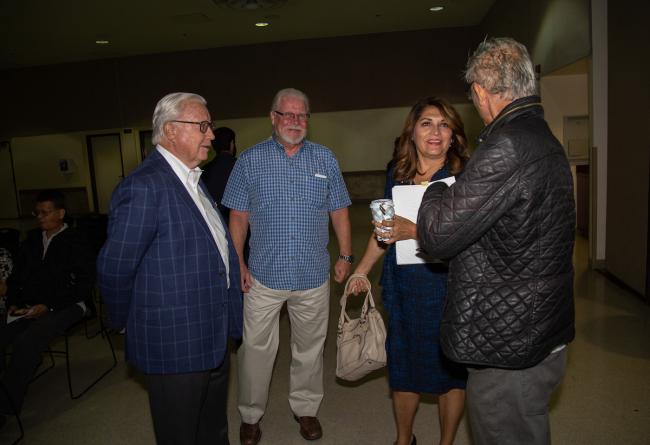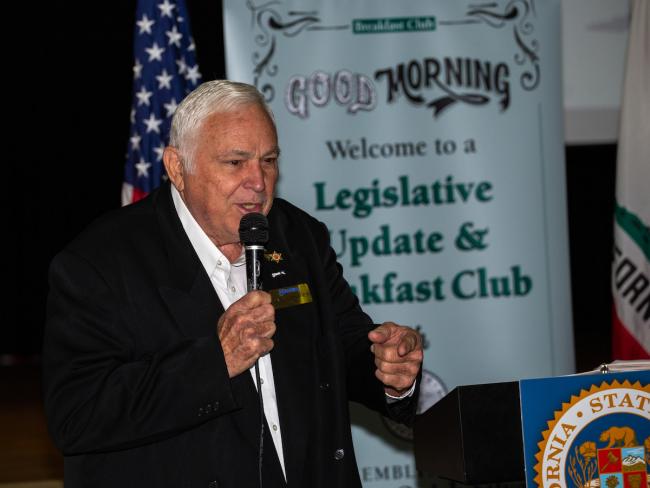Homeless Shelter Commitments Expand to Three New Cities
Three more cities committed Monday to provide specific amounts of shelter for homeless people and to not enforce anti-camping laws against them unless they’re refusing available beds that are appropriate for their disabilities.
The new federal court settlements by Santa Ana, Laguna Beach and Bellflower expand on a series of settlements reached by 18 cities in Orange County and the county Sheriff’s Department. Bellflower, in Los Angeles County, is the first city outside Orange County to agree to a settlement in the lawsuit, known as Catholic Worker v. County of Orange.
The agreements, which are overseen by U.S. District Judge David O. Carter, require that before enforcing camping and loitering laws, specially-trained health outreach staff must speak with homeless people and determine an appropriate shelter bed based on the person’s disabilities, needs for medical treatment, mental health services and other factors. Only if they refuse an appropriate, available bed can they be cited or arrested for camping or loitering.
“This county has really stepped up in terms of leadership,” Carter told officials and members of the public gathered in his courtroom Monday.
“It’s a really important, critical step to ending the criminalization of poverty in Orange County,” said Brooke Weitzman, one of the lead attorneys representing homeless people in the case, after the court meeting.
Santa Ana committed to adding another shelter with 200 to 250 beds, in addition to an existing 200-bed city shelter known as The Link and a roughly 400-bed county shelter called The Courtyard.
Bellflower committed to opening a temporary shelter by the end of this year with 70 beds, equivalent to the number of homeless people counted in January whose last permanent home was in the city.
And Laguna Beach agreed to maintain at least 43 shelter beds – equivalent to 60 percent of the number of unsheltered people counted in the city during the latest official count in January. The city already has a shelter with 45 beds, so it meets its commitment as long as it continues to operate the shelter.
[Click on a city to read their settlement: Santa Ana, Laguna Beach, Bellflower.]
In return for maintaining shelter and following the health outreach procedures, the cities will have the court’s support to enforce anti-camping laws to clear out encampments. The current court precedent in California, known as the Boise decision, prohibits anti-camping enforcement against homeless people if there’s no available shelter bed.
“I’ll stand in the park with you” when cities enforce their anti-camping laws, Carter told city officials in his courtroom, calling for “strict enforcement.”
“We’re going to clean up your libraries” and beaches, he added. “We’re going to clean up the city [and] do it immediately.”
The three cities that settled Monday were not sued in the case and volunteered to the settlement agreements.
“That litigation cost that we’ve saved alone is enough to build a shelter in every one of these cities,” Carter said.
Turning to Bellflower officials, Carter said, “My expectation is other cities are going to quickly follow your lead” in the Los Angeles area to get their parks and libraries back. The idea is to build shelters and get people who “truly want help” off the street, he said, while people who refuse help will be arrested.
“There’s a lot more [settlements] coming, potentially,” Carter added. “This is just [the] beginning.”
“This settlement provides us with a win-win situation,” said Bellflower Mayor Pro Tem Juan Garza, who also is the incoming president of the Los Angeles County chapter of the League of California Cities.
Carter said Bellflower officials came to the table as a result of relationships built by former Santa Ana Councilwoman Michele Martinez, who has been helping Carter with the Catholic Worker case.
Also on Monday, Fullerton Mayor Jesus Silva announced his city was working with the nonprofit Illumination Foundation to create housing for 150 homeless people. The effort includes 60 recuperative care beds for people recovering from medical crises, plus 90 “navigational” beds for people transitioning into housing, officials said.
“I think we have the will of the council to do these things,” Silva told the court.
Assemblywoman Sharon Quirk-Silva, who is married to the Fullerton mayor, said Gov. Gavin Newsom’s office has agreed to allow the Fairview Developmental Center to house, with health care services, 200 people with severe mental illnesses after it closes at the end of this year.
“We have the properties…We need to go after this,” Quirk-Silva said.



